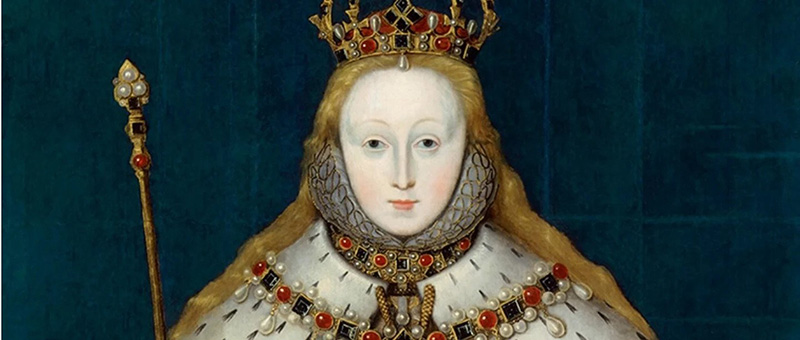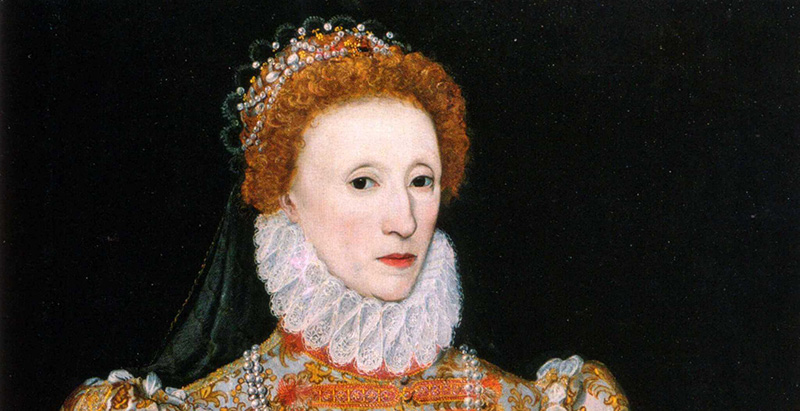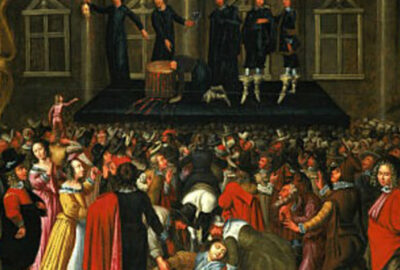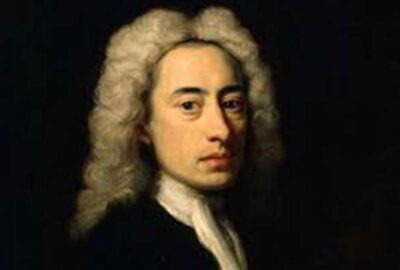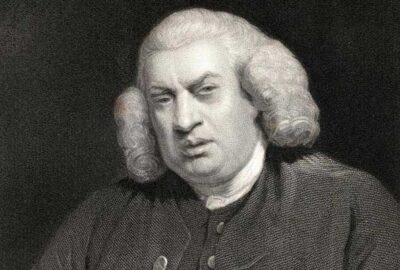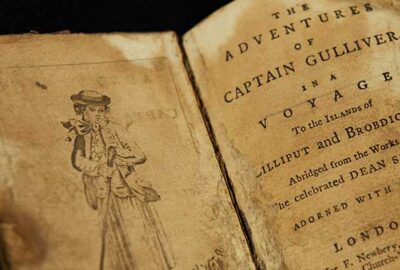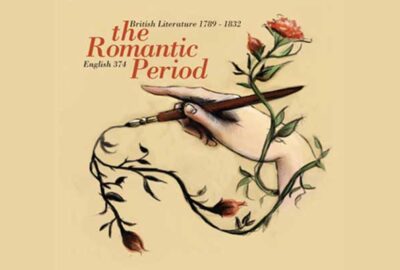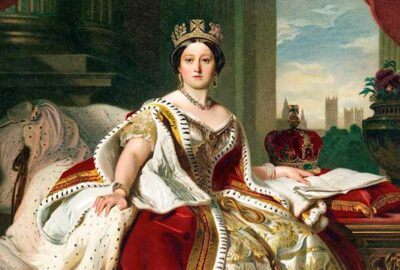Welcome to the Elizabethan lyric question and answer quiz. This is the place to come for your Elizabethan age lyrical top questions and answers to test your general knowledge. We’ll be posting new questions and answers every week, so be sure to check back often.
Practically every poet in Elizabeth tried their hand at the lyrics. Few, if any, fail to write one that has not been invented until today. The style of interlacing prose novels with lyrical interludes began in Arcadia, continued by Robert Greene and Thomas Lodge (particularly in the latter’s book Rosalindi [1590], Shakespeare’s source As You Like It [circa 1598–1600]), and in theaters, plays varied from every sort through folk and spiritual songs.
The greatest influence on poetry
Great examples are found in the plays of Johnson, John Lilly, George Peel, Thomas Nash, and Thomas Decker (although Shakespeare outperformed them all, of course). The remarkable richness of late Tudor and Jacobean music had the greatest influence on lyric poetry, in both the original tradition of Expressionist lute song, exemplified by John Doland and Robert Johnson, and the complex Italian material imported by William Byrd and Thomas Morley. Thomas Campion, the number one talent among poets, was a composer and poet. His songs (Four Books of Atmospheres, 1601–1710) are unparalleled in clarity, harmony, and rhythmic subtlety.
Sonnet sequence
The publication of Sidney’s Astrophel and Stella in 1591 generated an equally unusual vogue for the sonnet sequence, with the main imitators of Sidney being Samuel Daniel, Michael Drayton, Fulke Greville, Spencer, and Shakespeare; his least imitators are Henry Constable, Barnaby Barnes, Giles Fletcher the Elder, Lodge, Richard Barnfield, and many others.
In one brilliant stroke, Astrophel recreated the Petrarchan realm of proud beauty and a desperate lover. However, the preferred division of sonnets in English hands into three quatrains and doubles gave Petrarch’s contemplative form a more criminal turn, investing it in dialectical tension and epigrammatic sting. Within the common ground the sequences share, there is a lot of diversity. A sonnet tends to gravitate toward correctness or literature.
For most readers, its chief delight should be rhetorical, in all its powerful appeals and stunts, consciously presented. Still, under the pressure of Shakespeare’s urgent metaphysical concerns, dramatic solidity, transformation, and paradoxically high charge, the traditional limits of form have been blown away.
Other poetic forms
The sonnet and lyric poetry represent one tradition of Elizabethan poetry, while the picture is complicated by the coexistence of other poetic styles in which ornamentation was unreliable or diverted for different purposes; Sir John Davies even parodied the sonnet in his Gulling Sonnets (circa 1594) and by the Jesuit poet Robert Southwell.
The particular impetus for the experiment was the variety of new possibilities afforded by the translation of poetry, from Richard Stanihurst’s extraordinary Aeneid (1582), in quantitative hexameter and strewn with ambiguous or invented textures, and Sir John Harrington’s version of Ariosto’s Orlando Furioso (1591), with Peronist ease and fluency. Christopher Marlowe’s translation of the blank verse of Lucan’s first book (published in 1600) is perhaps the best Elizabethan translation.
A seasoned courtier, such as Davis, who wrote In Orchestra (1596) and Astrea Hymns (1599), could write confident praises to the aged Elizabeth. Still, in Sir Walter Raleigh’s Eleventh Book of Ocean to Cynthia, a kind of eclogue, the Queen’s credits are undermined by a vague but eloquent sense of despair and disappointment. For Raleigh, the courtesy method seems to disintegrate under the weight of disgrace and isolation in court. His scattered words—particularly “The Lie,” a scornful disapproval of the court—often derive echoes from the resources of the minimalist style. Another ruler whose writings indicate similar pressures is Greville.
The lyrics of the Elizabethan era are often complicated to understand. They are full of allusions, puns, and references to people and events that would have been familiar to the educated elite but not so much to us. The quiz is designed to help you identify these references and appreciate this prosperous period in English literature.

